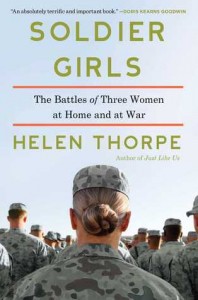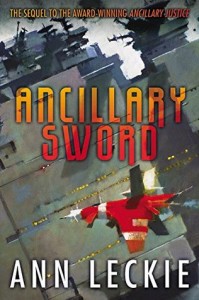
Franklin D. Roosevelt on Armistice Day on 11 November 1942 at Arlington National Ceremony:
The American Unknown Soldier who lies here did not give his life on the fields of France merely to defend his American home for the moment that was passing. He gave it that his family, his neighbors, and all his fellow Americans might live in peace in the days to come. His hope was not fulfilled.
American soldiers are giving their lives today in all the continents and on all the seas in order that the dream of the Unknown Soldier may at last come true. All the heroism, all the unconquerable devotion that free men and women are showing in this war shall make certain the survival and the advancement of civilization. That is why on this day of remembrance we do not cease from our work. We are going about our tasks in behalf of our fighting men everywhere. Our thoughts turn in gratitude to those who have saved our Nation in days gone by.
We stand in the presence of the honored dead.
We stand accountable to them, and to the generations yet unborn for whom they gave their lives.
Ukrainian President Volodymyr Zelenskyy on 1 October 2024, Defenders Day in Ukraine:
When we say “defenders of Ukraine,” we feel pride. We feel your protection. We see your courage. Every day and every night. On weekdays and weekends. In heat and cold. Always. Every minute. A minute whose value you understand like no one else. A minute that can change absolutely everything.
These can be painful moments. The loss of a brother-in-arms with whom, just a minute ago, you were talking, sharing food and water in the same trench.
These are also minutes of valor, combat success, and victories.
Minutes of pride, minutes of bravery. Minutes of long battles and brief sleep, minutes of warm communication with loved ones and cold nights on the frontline. All of these – completely different minutes – make up the war. They make up our struggle and an extremely difficult path to one, most important, most desired minute. The first minute of victory. The first minute of peace in Ukraine.
We bow today before everyone who has brought and continues to bring this moment closer. They do so tirelessly. And today, at exactly 9 am, we will stop for a minute. Not out of formality. Not as a routine. But as a sign of sincere respect and gratitude to our warriors. Our cities and villages, streets and squares, our people – wherever we may be, we will all stop for one minute. A minute of silence, when in fact we are all screaming inside. Screaming with pain for every fallen hero. Screaming with hatred for the evil that has come to our land. But it will certainly leave.
Historian Bret Devereaux on “Why Military History?”:
Which brings us to the third reason why we study war and conflict: so that we might have less of it. It should be little surprise that, more than most other areas of history, the study of war is replete with veterans of conflict (if I had to guess very roughly, I’d say about half or so of academic military historians seem to have military experience? perhaps a little bit less?). In speaking, arguing and writing with them I find the common refrain that, as people who experienced war, they do not study it because they like war. Rather military historians study conflict in the same way that doctors study disease; no one assumes that doctors like diseases, quite the opposite. Though I have not experienced combat, I share this view. By understanding the costs of conflict, we can learn to try and avoid it (especially as modern technology drives the cost of conflicts higher and higher than the potential benefits). By understanding the causes of conflict, we can try to ameliorate them. And by understanding conflict itself, we can effort to keep the necessary wars as short and confined as possible, empowering our decision-makers (civilian and military) with the tools they need to find the peace that is always the goal of war.
…
And, frankly, I have also taught veteran students who came to a class on military history because they had things they wanted to say or wanted to hear said. What has struck me most consistently is that veteran students tended to appreciate and understand more keenly the value of having a course on military history. The fact is that, while only some of us go to war – because at least in the United States, we have a professional all-volunteer force – all of us are involved in the decisions that choose if we go to war, where and how. Again and again, I have had veteran and active-duty students (and colleagues) express a deep desire to have the general public understand (in the necessarily limited way lifelong-civilians can understand), both their own experience but also to take seriously the broader ramifications that conflict and thus decisions about conflict have.
…
In any event, as George Santayana (and not Plato) said, “Only the dead have seen the end of war.” This is the sad truth that makes military history a necessary, important discipline. It is essential both for understanding our past and our present. Consequently it is not to be neglected merely because it is uncomfortable.

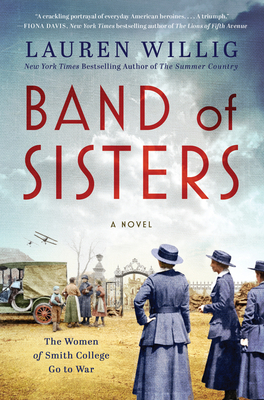 Band of Sisters by
Band of Sisters by 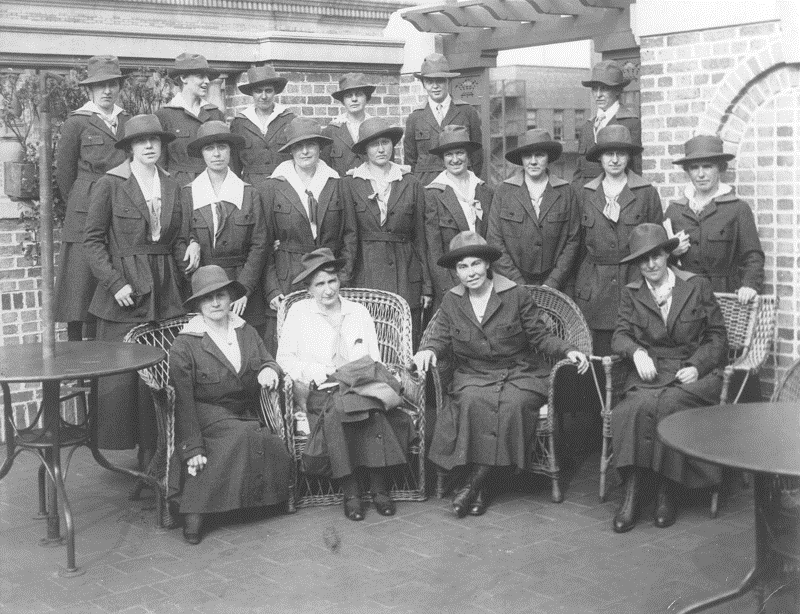
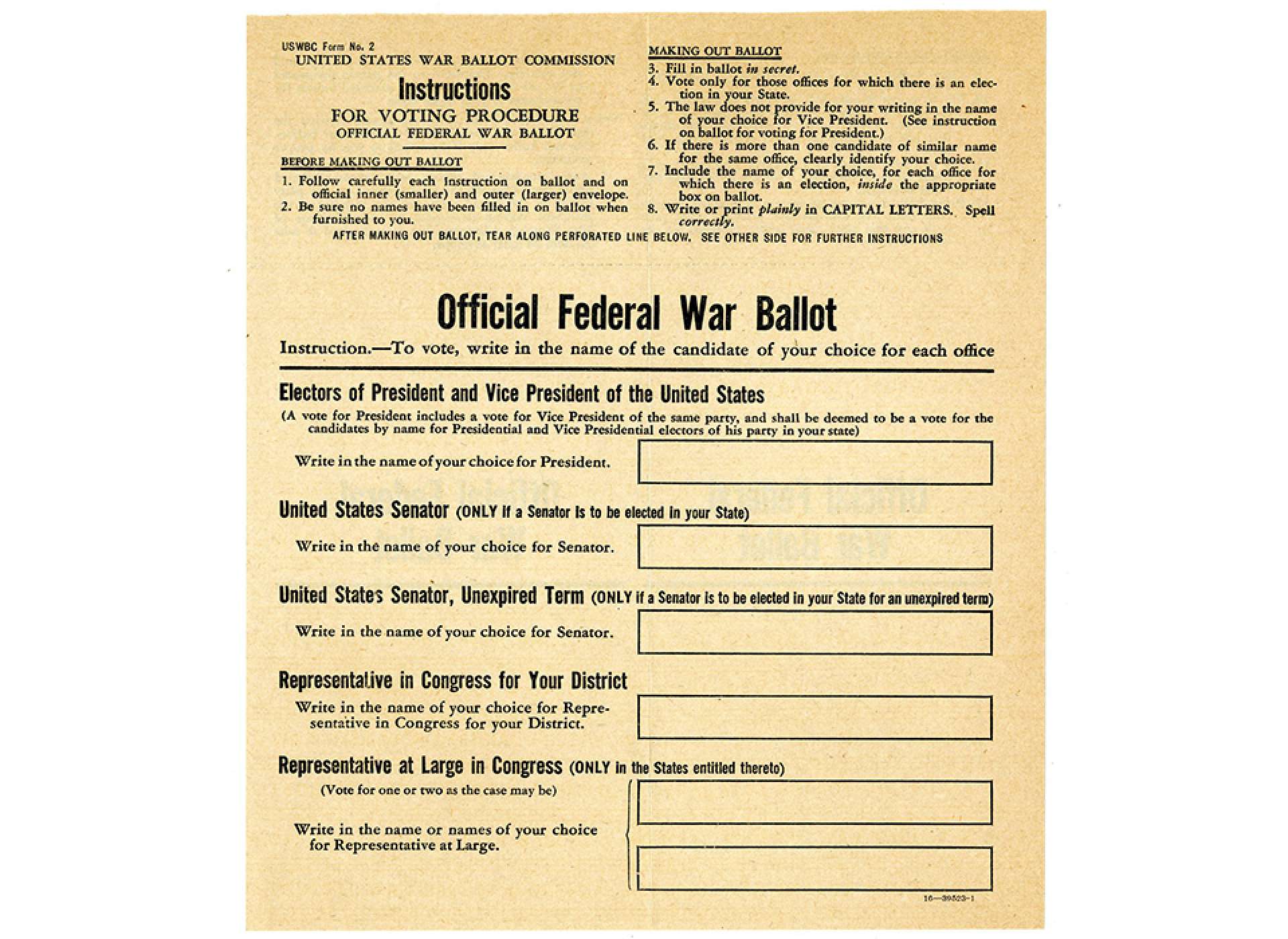
 Death in Focus (Elena Standish #1) by
Death in Focus (Elena Standish #1) by 
 Current Giveaways:
Current Giveaways: Blog Recap:
Blog Recap: Coming This Week:
Coming This Week: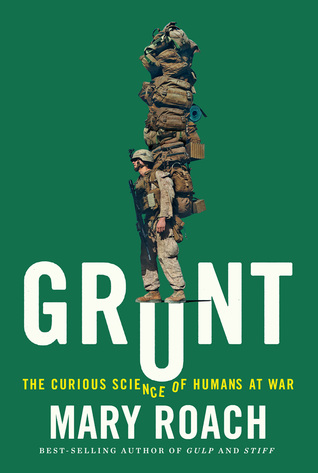 Grunt: The Curious Science of Humans at War by
Grunt: The Curious Science of Humans at War by 